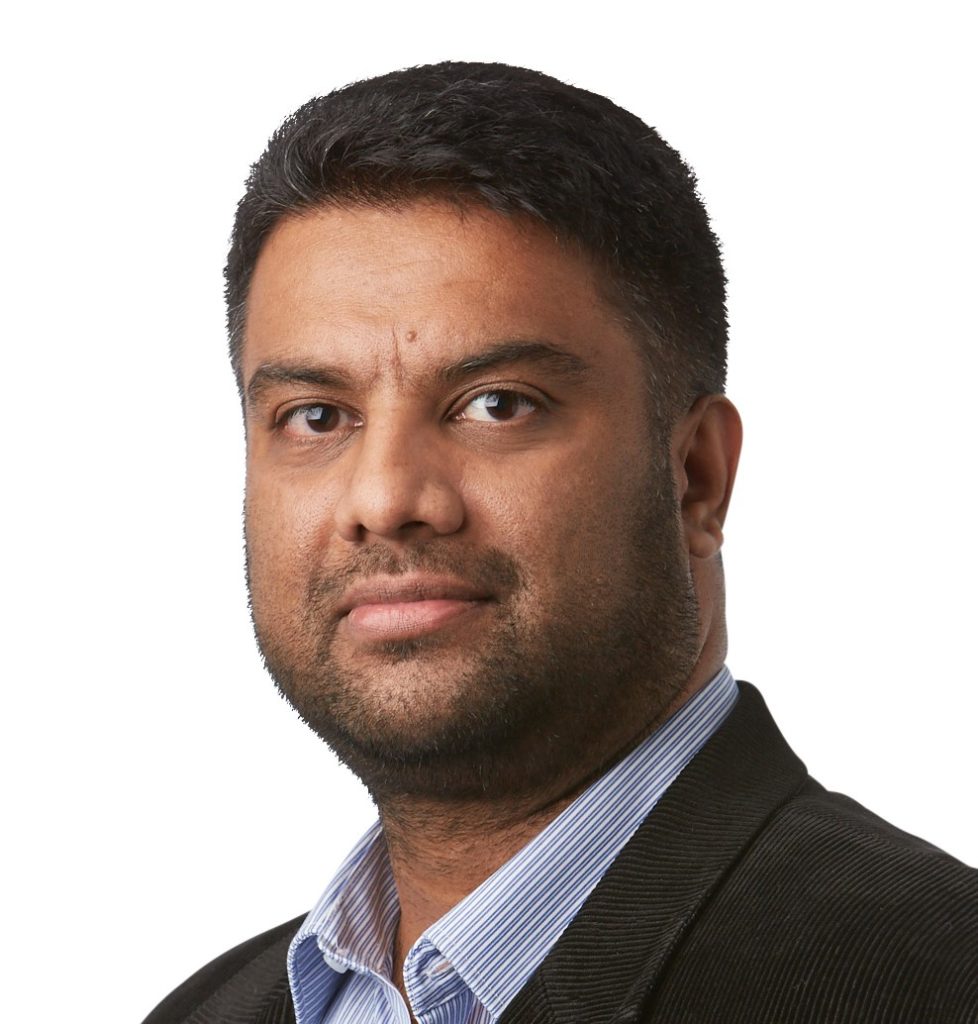Making Strides Towards Counteracting Neurodegenerative Diseases at ARMI
The year 2020 was challenging for many Australian biomedical researchers. COVID-19, lockdowns and capacity limits disrupted lab workflow, but with a few changes implemented at ARMI to keep our staff and students safe, our scientists adapted.
Indeed, some of our scientists thrived throughout the year, one of whom was group leader Dr Nadinath Nillegoda. Not only was Nadinath a co-author of two publications in Nature, but he also was awarded a prestigious NHMRC Investigator Grant. This grant will support five years of work investigating protein amyloid aggregate clearance and cell repair mechanisms that could potentially counteract and/or slow neurodegenerative diseases.

The NHMRC Investigator grants are awarded to promising scientists with the specific aim to grow knowledge and nurture innovation. The fellowship scheme is highly competitive, with an extremely low success rate among basic science applicants. With projects judged on a range of criteria, from investigator capability to project quality and innovation, this fellowship recognises the high level of quality and the potential of Nadinath and his young group’s research.
“We are one of the pioneering groups in the world, and the only group in Australia, studying a new class of Hsp70-based protein aggregate solubilising machines called protein disaggregases in humans. Certain configurations of this machine can effectively disassemble amyloid-type aggregates that formed in many neurodegenerative disorders that range from Alzheimer’s, Parkinson’s to motor neuronal diseases such as Huntington’s disease. I am extremely grateful to NHMRC and the Australian scientific community for recognising our work in awarding this Fellowship,” said Nadinath.
Currently, there are no cures for these debilitating diseases seen in our aging communities. Nadinath explained, “We need bold new approaches to target these disorders. Our work will provide the first reports on the regulation of this molecular machine in human cells. This is extremely important for engineering new strategies to activate the disaggregases in damaged cells to clear protein junk and for assessing the therapeutic gain.”
The planned work will contribute new knowledge on cell repair in human cells and set the stage for developing novel therapeutic avenues to treat a broad range of protein conformational diseases in humans.
With an excellent track record and many international collaborations, as evidenced by the two recent publications in Nature with colleagues from Heidelberg University investigating the molecular mechanisms of protein-mediated amyloid disaggregation, Nadinath and his group are well placed to break new ground in the exciting field of neurodegeneration research.
Congratulations Nadinath!
